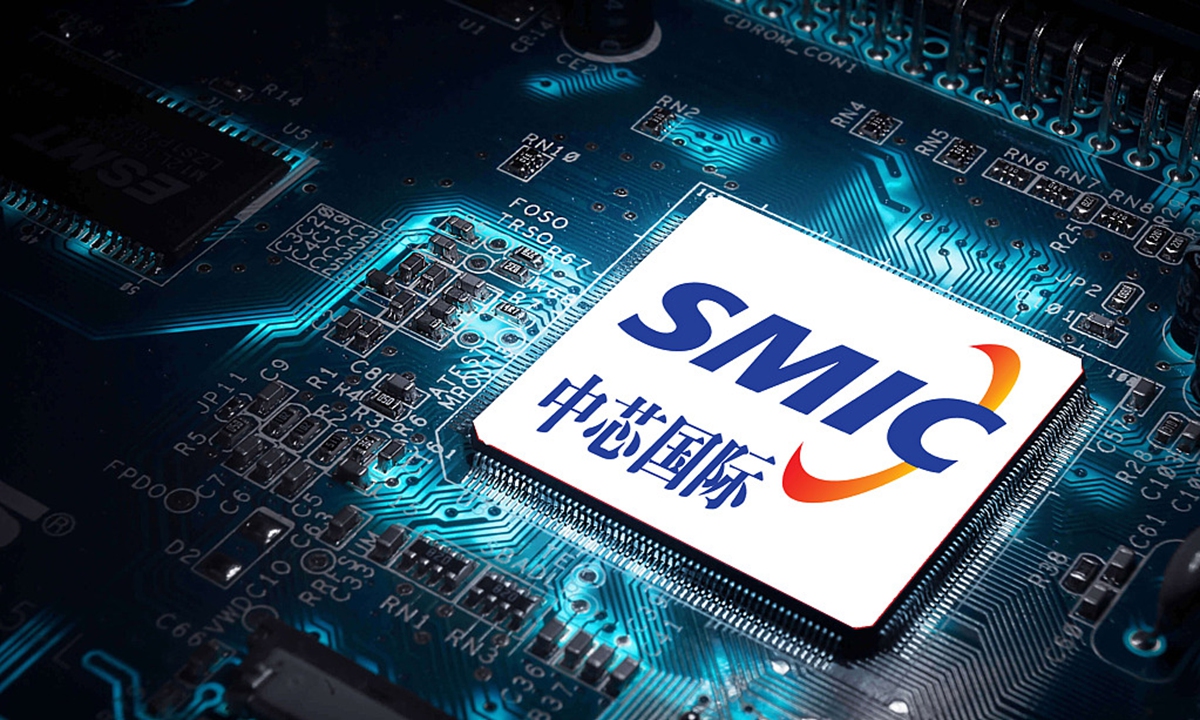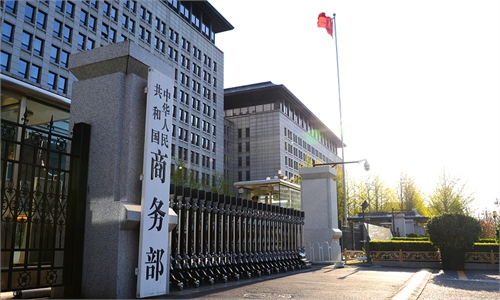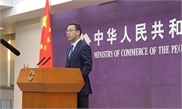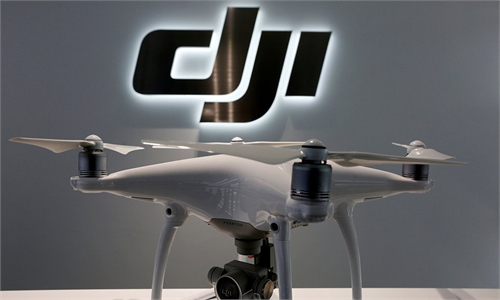SOURCE / INDUSTRIES
Chinese companies see different effects from new US blacklist
Nuctech says no effect, SMIC sees large influence on high-end chipmaking

SMIC Photo: VCG
Shortly after the US government imposed new sanctions on dozens of Chinese companies on Friday, one Chinese mainland-based company said that the move will have no impact on current or future operations, while another said that it is still selling products in the US while waiting to see how the restrictions are enforced.
The former company, Beijing-based inspection and security solutions and service provider Nuctech Co, said news of the US move to put it on a fresh blacklist comes as a "surprise", as the company does not have any radiation detection systems in the US and has never had any complaints about the performance of similar solutions in any market that it serves.
"We want to reassure our customers that this will have no impact on (our) current or future operations, and we are committed to working with relevant authorities to better understand why Nuctech was included on this list," Nuctech said in a statement it sent to the Global Times on Sunday.
A public relations representative at dronemaker DJI confirmed to the Global Times that its products can still be sold in the US, but it's hard to tell what other impact the sanctions will have.
"The blacklist is different from previous sanctions, and we need a few more days to see how they are going to restrict us exactly," the person said.
Mainland chipmaker Semiconductor Manufacturing International Corp (SMIC) issued a public statement after the sanctions, saying that the move will not have a major negative impact on the company's business operations and financial status in the short term, but it will have a "significant bad influence" on research and development, as well as capacity construction for advanced chips below 10 nanometers.
SMIC said it would continue to communicate with relevant US government departments and take all possible measures to seek solutions and minimize the negative influence.
SMIC, Nuctech and DJI are three of approximately 60 mainland companies that were placed by the US government on a trade blacklist on Friday as the Trump administration ratchets up tensions with China in President Donald Trump's final weeks in office, according to media reports.
The US government claimed that the companies have been acting "contrary to the national security or foreign policy interests of the US," but it didn't elaborate on the exact proof of such allegations.
US Secretary of State Mike Pompeo said in a separate release that the country will use "all countermeasures available" to prevent Chinese companies and institutions from exploiting US goods and technologies for "malign purposes."
The exact influence of those sanctions on Chinese businesses will take more time to emerge and might differ from industry to industry, The sanctions may force domestic companies to make reforms that will make them stronger in the long run, industry practitioners and experts said.
For SMIC, for example, the blacklist would make it even harder for the company to import high-end mask aligners, which it used to buy from Dutch company ASML but has already been thwarted by the US government, said telecom expert Xiang Ligang.
"This will of course further obstruct SMIC's production of 7- or 5-nanometer chips in the near term. But at the same time, because of such obstruction, China should speed up research of mask aligner technologies, which might make a breakthrough in the next three to five years," Xiang told the Global Times.
Some companies, like DJI, will experience a much milder impact as most of its parts don't involve advanced technologies, experts said.
Ke Yubao, executive secretary general of the Aircraft Owners and Pilots Association of China, said that about 95 percent of civilian drones' parts, including chips, are made in China.
"The development of China's industrial and military drones has lagged behind the US. I figure the US' restrictions on DJI are primarily intended to crack down on the company's rising market share in the US consumer drone market," he told the Global Times.
Cong Baowei, chairman of domestic dronemaker Harwar International Aviation Technology (Shenzhen) Co, told the Global Times that domestic consumer dronemakers import very few parts, like connectors, and those parts can also be replaced by made-in-China ones that usually cost less but are of lower quality.





